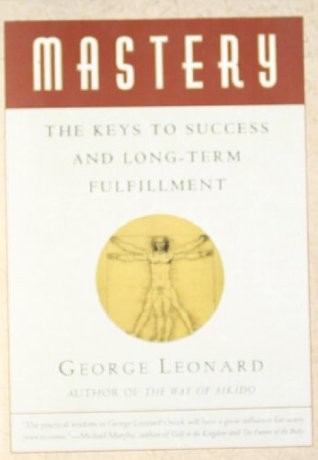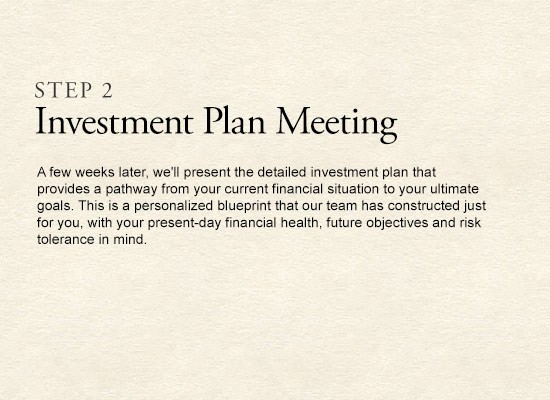5 Key Philosophies for Long Term Investing Success
Post on: 29 Март, 2015 No Comment

O ver the years, I have received a number of emails from people just starting their investing journey on how to invest. More often than not, beginners ask which stocks they should buy. There is much more to investing than just picking stocks. In fact, I believe that starting out with individual stocks is a mistake and simply too much work for rookies.
From my experience with investing, there are several overarching investment philosophies to increase your chances of long term success. I believe that following the investment rules below will result in more money in your nest egg.
Invest for the long term
You may have heard the mantra to buy and hold your stocks, ETFS and/or mutual funds and there is good reason for that. History has shown that the broad stock market (S&P500) has never lost money over any 20 year period (even after inflation). You would think that the 20 year periods that include the great depression, super inflation 80s, or the credit crisis would have been terrible for investors. However, providing that they held through the period, their portfolios would have grown adjusted for inflation. The longer you hold, the better it gets as the 30 year period returns are even better.
What I also like about the concept of buying and the holding is that it eliminates second decision of selling. Remember, when you trade in and out of stocks, you need to make two decisions. The first is the easy one, buying. The second, which is much harder, is deciding when to sell. Unless you plan on doing a lot of your own stock research and watching stock charts reguarly then buying and holding for the long term is your best bet.
If you have the urge to trade in and out of stocks, then why not set aside a small amount of play money strictly for trading. I have some USD set aside just for this purpose where I play with high beta momentum stocks.
Reduce your Management Expense Ratio (MER)
You may have read the articles about Canadians paying very high fees for their mutual funds. A MER is the fee a mutual fund charges for the privilege of owning it. While the MER does not come out of pocket, it comes out of the fund returns. Funny thing is that most mutual funds do not beat their respective indices (ie. canadian equity fund vs. canadian index) after their fees. Mutual funds do even worse if you look at long term performance.
While one or two percentage points do not sound like a big deal, it can have a significant impact on your overall portfolio size over the long term. Reducing your MER from 2% to 0.3% can result in a portfolio that is 60% bigger at the end of 30 years. Yes, thats right, 60%.
Index your Porfolio
This point ties the above investment philosophies nicely. Indexing is a way to buy the broad stock market without having to pick individual stocks. By simply betting on the whole market, statistics show that indexing will beat most active mutual funds over the long term. Picking index mutual funds, like TD e-series. will bring your total portfolio MER down to between 0.35% and 0.50%. Even regular, run of the mill index funds will have a MER around 1% which is much better than active funds that charge 2% or more.
The best solution for indexing is by using ETFs due to their low fees. For example, iShares XIC covers the Canadian market and charges only 0.05%. Vanguards VTI, which covers the entire US market, also has a minuscule MER of 0.05%. Throw in an international index ETF and a bond index and you have yourself a very low cost portfolio (example index ETF portfolio ).
While many of my articles are about dividend investing through buying individual stocks. much of our portfolio is indexed. Our indexed portfolios include our family RESP for two children, my wifes RRSP, and the international exposure in my RRSP. We are in the process of opening a new non-registered account for my wife, which will also be indexed using ETFs.
Reduce your Trading Fees
While not as significant as reducing your MER, reducing your trading fees can make a difference to the overall return of your portfolio, especially when you are just starting out.
How do you reduce your trading fees? By picking the right discount brokerage. Pick one that doesnt charge you annual fees, and offers low trading commissions even with a low balance. As well, look for a brokerage that will reduce your foreign exchange (FX) costs. One way to keep FX costs low is via DLR/DLR.U trading combination. You can read more about DLR here .

ETFs are traded like a stock, so buying and selling typically incur a trading commission. With the competition between brokerages rising, some brokerages are offering free ETF trading. The brokerages that offer free ETF trading include Scotia iTrade, Virtual Brokers, QTrade and Questrade. We have a number of accounts and still recommend Questrade for the investor that is just starting out with a low balance.
Reduce your Taxes
While investing decisions should not be for tax reasons alone, taxes need to be taken into consideration. Even those who only plan to invest in tax sheltered accounts (RRSP/TFSA) need to understand tax efficiency. In this case, an important point to remember is that US dividends face a withholding tax within a TFSA, so best to keep US and international equities in an RRSP.
What about the high savers who have more savings than contribution room? Thats where non-registered accounts come into play, and where the tax efficient placement of investments is important. To learn more about the background of investment taxation, you can learn more about capital gains tax here. and interest tax here .
At a high level, the highest tax efficiency is if you keep all investments in tax sheltered accounts. However, if you have outgrown your registered accounts, US equities, international equities and bonds are generally efficient within a RRSP. Canadian REITS and bonds are efficient within a TFSA, and Canadian equities work well in non-registered accounts. For more details, check out my article on which account to place your investments for maximum tax efficiency.
Final Thoughts
For a new investor, I realize that this can be a lot to take in. The overarching theme to successful investing is to keep costs low, hold for the long term, keep it simple with index ETFs, and minimize your taxes.
There is a lot of investing experience in the MDJ readership, so please leave your tips in the comments.














